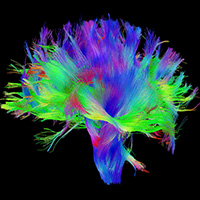
Neurotoxicology
Researchers are investigating the genetic and environmental contributions to Alzheimer’s and Parkinson’s disease, ADHD, autism, and fetal alcohol syndrome, as well as receptor signaling in the brain. Scientists include Alison Bernstein, Renping Zhou, John McGann, Dipak Sarkar, Ron Hart, Nancy Fielder, Emanuel DiCicco-Bloom, Troy Roepke, Gary Aston-Jones, Lori White, Morgan James, Cheryl Dreyfus, Pingyue Pan, Mi-Hyeon Jang.
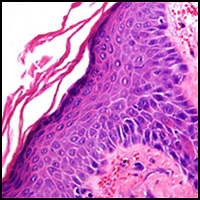
Chemical Warfare
As part of a CounterACT grant, researchers are working to develop new therapies to counter sulfur mustard injury to the lungs, skin, and cornea as well as reduce the toxicity of nerve gases. Scientists include Debra Laskin, Jeff Laskin, Carol Gardner, Laurie Joseph, Raymond Rancourt.
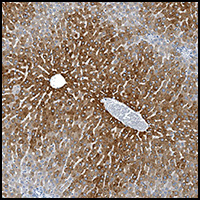
Hepatic, Renal, and Metabolic Diseases
Molecular mechanisms of drug- and diet-induced liver, renal and metabolic toxicities and diseases including obesity and diabetes. Scientists include Debra Laskin, Grace Guo, Tracy Anthony, Lauren Aleksunes, Lauren Poole, Luigi Brunetti, Igor Shmarakov, Troy Roepke, Harini Sampath, Ellen Francis.
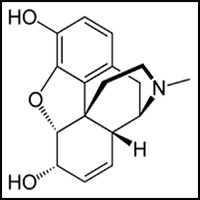
Metabolism & Transport
Researchers are investigating the metabolism and transport of drugs, environmental chemicals, bile acids, and nutrients. Scientists include Lauren Aleksunes, Grace Guo, Brian Buckley, Tony Kong, Luigi Brunetti, Zachery Lonergan.
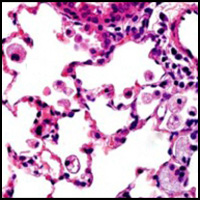
Inhalation Toxicology
Injury to the lung by ozone, particulate matter, and fibrosis is an active area of research. Scientists include Debra Laskin, Andrew Gow, John McGann, Howard Kipen, Rob Laumbach, Reynold Panettieri, Carol Gardner, Laurie Joseph, Joseph Jude, Raymond Rancourt, Stephan Schwander, Philip Demokritou, Igor Shmarakov, Steven An.
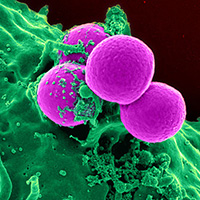
Inflammation & Tissue Repair
Using multiple models of tissue injury, researchers are identifying the signaling mechanisms underlying inflammation. Scientists include Andrew Gow, Jeff Laskin, Debra Laskin, Zachery Lonergan.
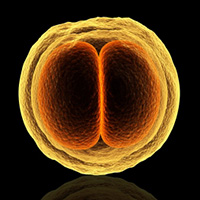
Reproductive and Developmental Toxicology
Researchers are assessing the ability of environmental chemicals including pesticides, mycotoxins, ethanol, and endocrine-acting chemicals to perturb the neurological, metabolic, and reproductive development of offspring. Scientists include Helmut Zarbl, Lauren Aleksunes, Dipak Sarkar, Lori White, Troy Roepke, Sally Radovick, Phoebe Stapleton, Emily Barrett, Zorimar Rivera-Nunez, Shuo Xiao, Ellen Francis, Gloria Dominguez Bello.
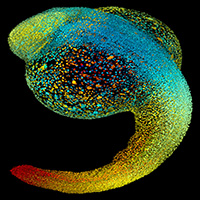
Comparative Toxicology
Scientists are assessing the effects of environmental chemicals on a variety of species including zebrafish, fruit flies, and other insects and fish and using computational modeling approaches. Scientists include Lori White, Joanna Burger, Hao Zhu, Stephen Burley, Panos Georgopoulos.
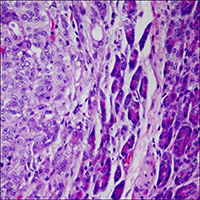
Carcinogenesis & Epigenetics
Active research seeks to identify the influence of epigenetics, circadian rhythm on cancer susceptibility, identify novel therapeutic agents, and characterize chemopreventive compounds. Scientists include Alison Bernstein, Suzie Chen, Tony Kong, Dipak Sarkar, Helmut Zarbl, Nanjoo Suh, Wei-Xing Zong, Matthew McBride, Jessie Yanxiang Guo, Wenwei Hu, XF Zhang.
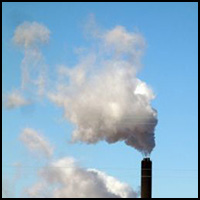
Translational Toxicology
Studies are ongoing to characterize the human exposure to chemicals, risk factors for disease, and potential interventions. Scientists include Howard Kipen, Rob Laumbach, Lauren Aleksunes, Judith Graber, Nancy Fiedler, Mark Robson, Emily Barrett, Reynold Panettieri, Stephan Schwander, Zorimar Rivera-Núñez, Ellen Francis, Gloria Dominguez Bello, Panos Georgopoulos, Cynthia Koziol-White.
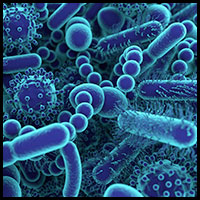
Microbiome
The role of microbial species is important in toxicological responses including the metabolism of xenobiotics. Scientists include Andrew Gow, Sara Campbell, Gloria Dominguez-Bello, Harini Sampath, Luigi Brunetti, Jun Wang, Zachery Lonergan.

Community-Engaged Research
Community-based participatory research is critical in defining, studying, and addressing environmental health problems at the community level. Scientists include Robert Laumbach, Judith Graber, Howard Kipen, Nancy Fiedler, Zorimar Rivera-Núñez.
